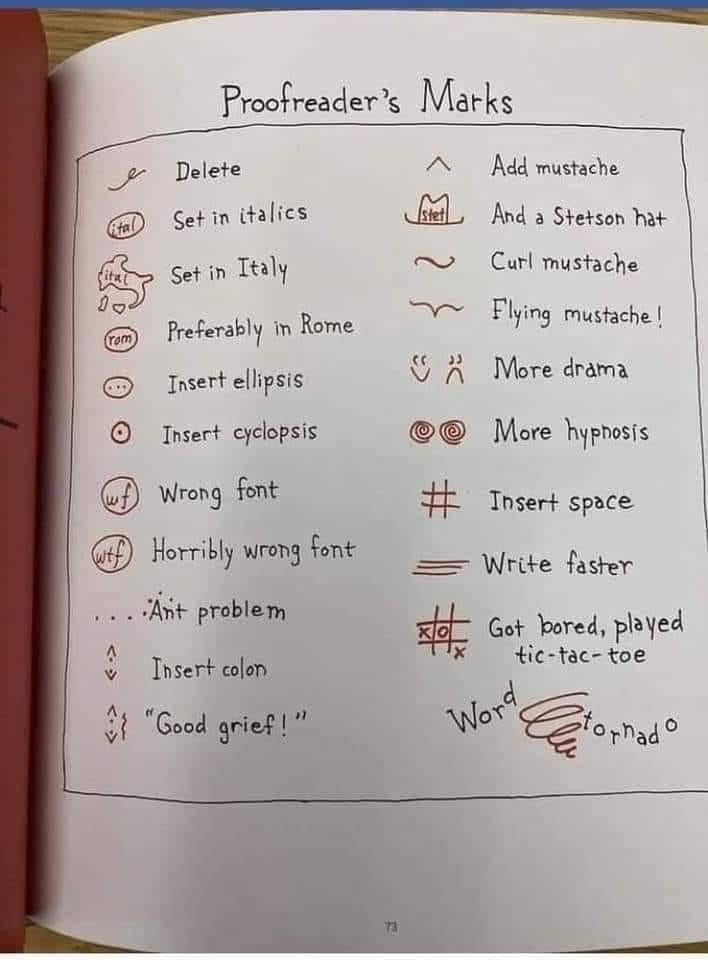Like most people, I consider "the holiday season" to start with Halloween and cover the last two months of the year. This also means that the run-up to the holiday season includes Halloween decorations along with the seasonal rituals of leaves changing color and of the weather turning crappy. All of this is meant to put people in a holiday mood, but perhaps I am more of a bear than a human this year, because all I feel is a strong desire to hibernate. The downside of this is that, like most hibernating animals, they get very little writing done.
Some people have recommended that the best way to get into the mood of holiday season is to go out and take a walk. Enjoy the changing colors, feel the brisk air and breathe in nature's latest change. Well, if a lot of people suggest this, it must have some value, right? So I took my walks, saw more than my fair share of colorful foliage, admired the growing number of festive gourds covering porches and window sills, and just tried to experience all the usual components of the holiday season. One week and 65 miles of walking later, all I had to show from it were achy knees, burrs covering the legs of my jeans and a bruise on my shoulder from falling against a log when a couple of prancing deer startled me as I walked up a hill. So much for holiday spirit.Just like the seasons, it can be difficult to get inspiration sometimes, and often I find that other people's advice is not very helpful. It's not their fault - what they recommend is what works for them and likely works very well. However, it just doesn't fit all sizes, and sometimes we can't expect some advice straight off the rack to fit us perfectly. The holiday season is very much that way with me, and I need my specific rites and rituals to get that holiday feeling going. Ditto for writing - sometimes the creativity, the spirit, the whatever just isn't there, and I need to look inside myself to figure out what can get it going.
In the case of creativity, I always fall back on the inspiring familiarity of ritual to get myself going. Indeed, having certain routines when I write provides more that just the comfort of habit, it attaches itself to the creative process. When I sit in a seat where I've traditionally written things, when I enjoy a cocktail I typically drink while writing, or even when I read myself a little poem that reminds me of the genius of written words, they all tie in with creative function, and can actually over time become igniters for the creative spark when I am just not in the mood.
My toolkit for writing is full of these triggers, and they work nicely for me. So, by examining some of my routines for the holiday season, I looked for triggers that I traditionally associate with that holiday feeling. And, lo and behold, I finally found that thing that gets me back in the mood for the last two months of the year.
The McRib.
Before you judge me, let me just say that everyone has their weird food preferences around the holidays, and mine is processed, reshaped, pork-like sandwiches with barbeque sauce. I won't eat one in place of Thanksgiving turkey, but enjoying a McRib (for a limited time only) gives me an association that triggers my other seasonal cues. And on that note, I had a McRib and felt the seasonal sensations return. And I no longer felt like a bear ready to hibernate (though most people do feel that way after a McRib) but instead like a man ready to enjoy the close-out of the year. It was the trigger I needed. Now I just need a trigger to get me to the gym a little more often, because I am going to need it.
Note: Because Halloween is on a Monday next week and the ghosts will be a-ghosting and the goblins will be a-goblining, I will join the fun and not put up a post. My next post will be Friday, November 4th. Enjoy the holiday season!






